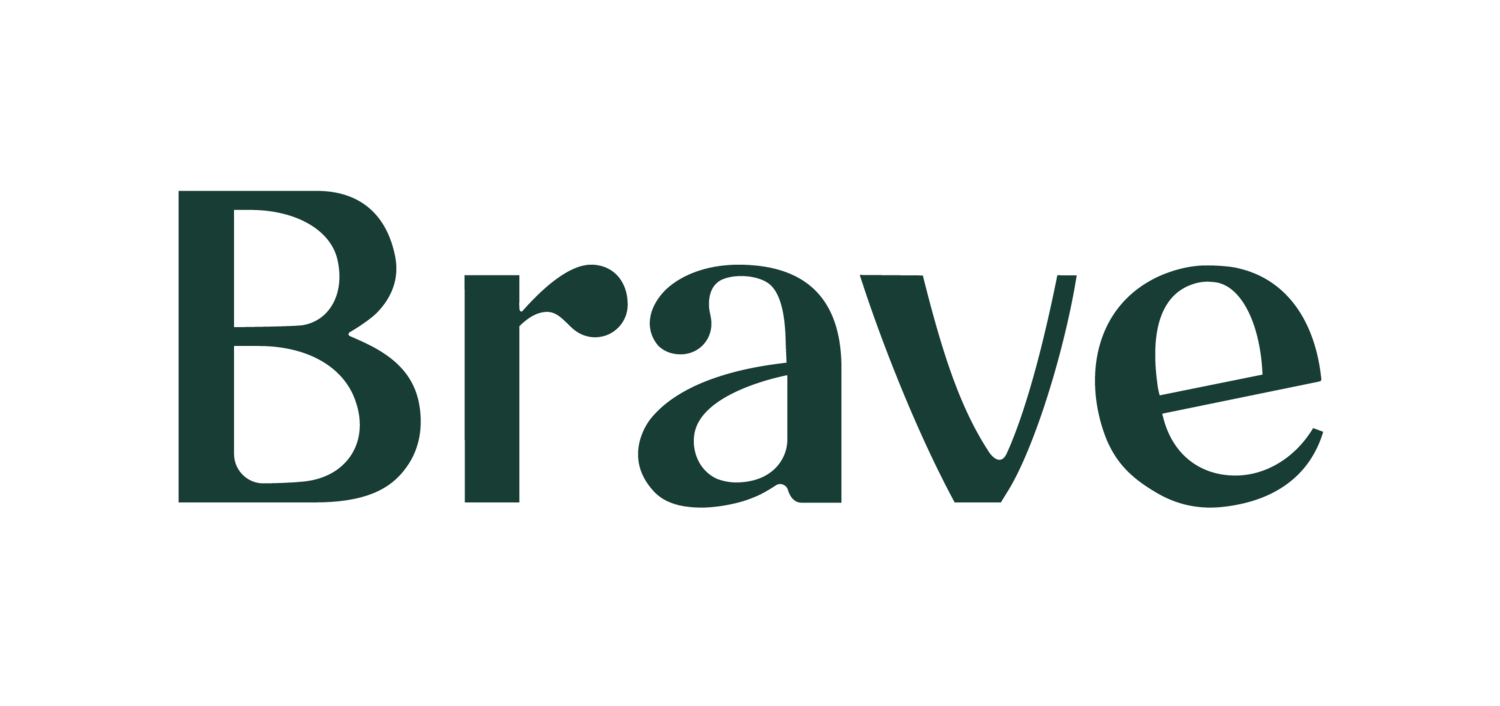How to Counter Burnout When The World's on Fire
We’re not sure if you’ve seen the news lately, but if you haven’t…yeah, just don’t. We’ll sum it up for you: global pandemic that we’ve been in for way, way, too long. Climate change. Racial injustice. Political arguing and upheaval.
And while a lot of that may seem far away, the impact of all of these situations on your everyday life can still be felt. You may still be working at home due to the pandemic, or if you’re working in an office, feel unsafe or concerned about catching COVID. There may be new rules or procedures that seem to change by the minute. You may have had to press the “unfollow” button with some friends or family members on social media.
Or maybe you’re not sure how this is all impacting you, but you just feel so incredibly tired all the time. Or you find yourself more impatient with people than usual.
Any of these could be part of the reason you are experiencing what scientists call burnout, and it is a true neurological condition.
Signs of burnout
In addition to an overwhelming sense of fatigue, you may find yourself feeling more cynical or critical of your friends, colleagues, and family. You may find it difficult to derive satisfaction from what you do, or take pleasure in activities that you’ve previously enjoyed. Perhaps you’re turning to food or alcohol to “numb out,” or maybe you don’t want to eat at all. You might have trouble falling asleep at night. There may be unexplained physical pains that creep up that you aren’t used to. All of these can be signs that you’re experiencing burnout.
So what’s a person to do when they notice these things? The first step is to actually acknowledge that you may be feeling burned out before it’s too late, and you end up saying or doing something you might regret. Then, our favorite word from a few months back comes into play: boundaries.
Protect your time, space, and energy
Burnout happens when we give into so many of the interruptions of our day - the people asking us for things, the social media “pings” - that we don’t have the time to actually contemplate what needs to get done and what’s important. Setting aside 10-15 minutes to just BE can do wonders to recalibrate our brain and help us mentally reset. Block periods of time on your calendar for the things that YOU want to do, whether it’s time for a walk, or just to take a nap, and treat them like your important appointments with other people.
Recognize that it’s ok to disappoint people
Now more than ever, it’s easy for people to get a hold of us if they need something - between texts, calls, emails, social media, Slack, Discord…do we need to continue? However, being always “on” means that your body is constantly in a fight-or-flight mode, staying alert for the next situation. Not every need is truly an urgent need!
It’s OK to sometimes put your phone away and not respond to everyone immediately. Being instantaneously accessible means that people will often go to you as their go-to person rather than look for answers themselves. Furthermore, it’s OK to tell people you are busy, or that you’ll get back to them after you complete something else (even if that something else is taking a nap!). Or, best yet, you can actually say NO to people, even though it make disappoint them!
Put on your own oxygen mask first
Before you can tackle that to-do list, you need to make sure you are taking care of your own needs so that you have the tools available to meet those of other people in your life. If you haven’t made time to exercise, sleep, meditate, or prepare healthy meals, you’re not priming yourself to be your best. It’s not good to sacrifice things that you need for your own mental and physical well-being to meet the needs of other people.
Understand your tendencies and ask for help.
Maybe you’re having trouble meeting that daily exercise habit. What if you asked a friend or partner to hold you accountable and check in on you? Maybe what you really want is 15 minutes to decompress before your partner or children attack you with news of their day. Or, perhaps instead of dealing with that nagging client’s incessant texts, you could simply request a weekly status meeting where you address all the questions they’ve sent you in one swoop. Sometimes we need to remind ourselves that we are important too, and that we can make requests of other people just as much as they request things of us.
Turn off the news. Enough said.
If you need some more help extinguishing the flames of your burnout, the Brave GR team would love to put on their fire hats and battle the blaze. Contact us today!
